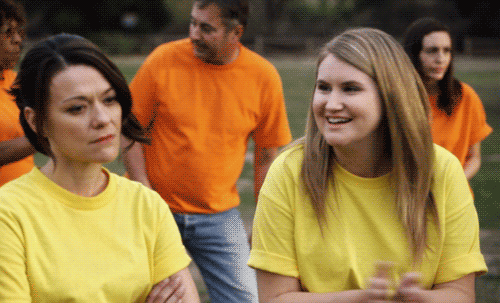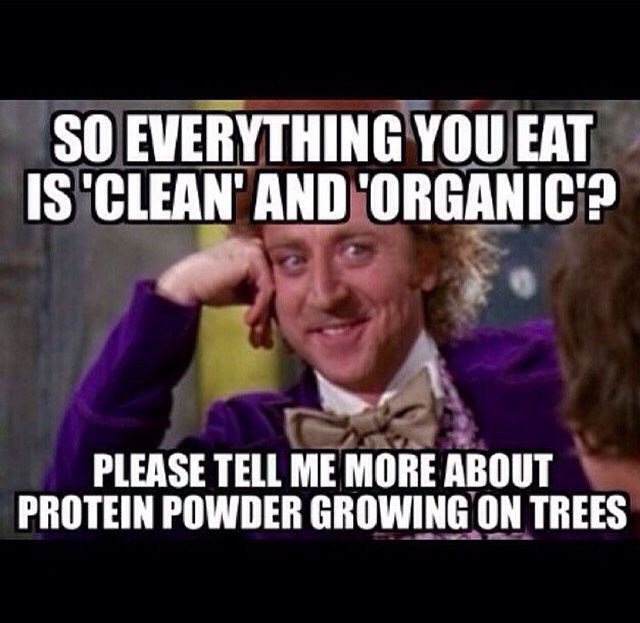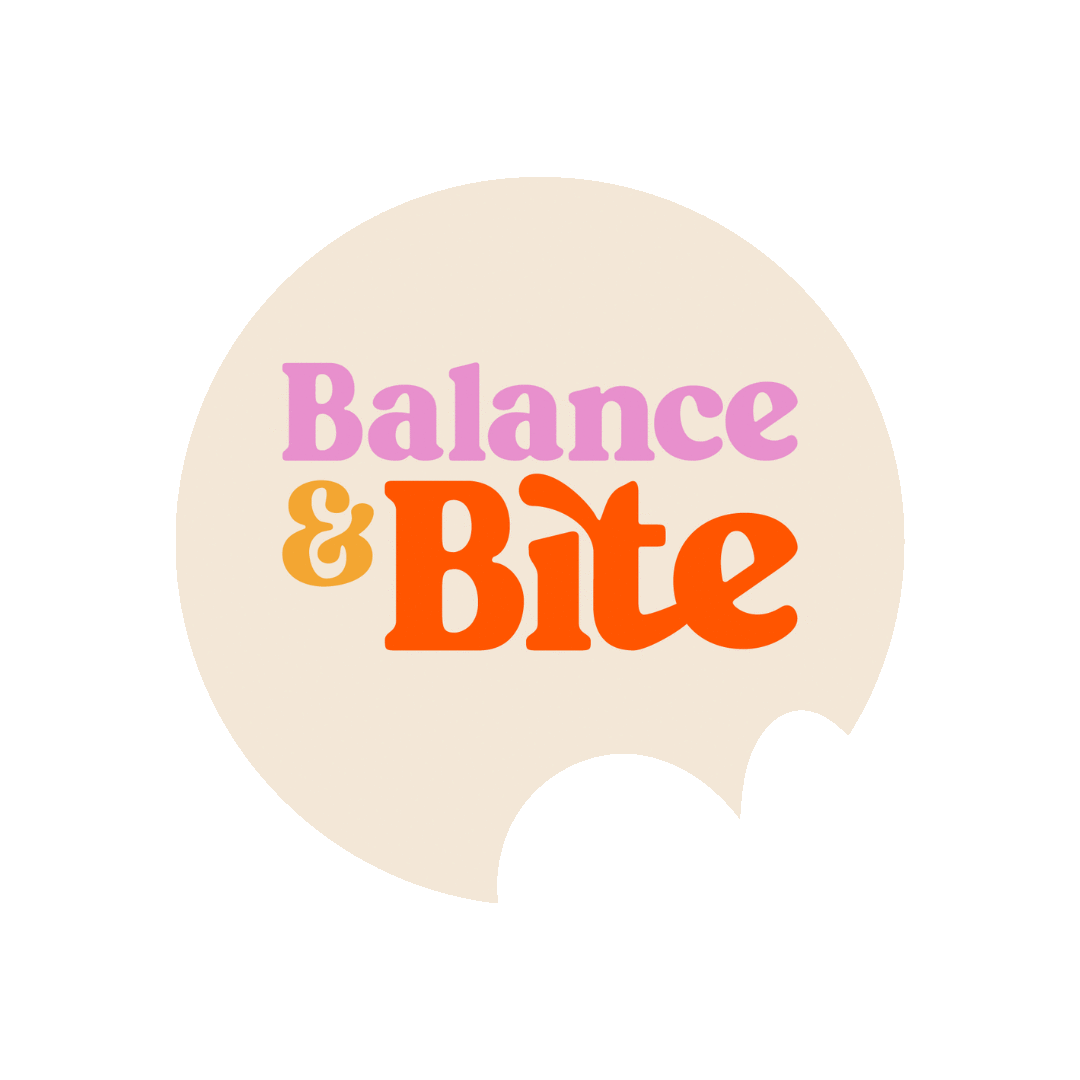As an eating disorder dietitian, I’m always on the lookout for the latest fad diets, and the 75 Hard (IMO) is the diet of 2024; here are my thoughts.
TLDR: It’s full of diet culture red flags, and the risks far outweigh the benefits
To be honest I feel like I was late to the party in knowing about the 75 Hard Challenge. But it’s a perfect case study of how traditional diets have been wrapped up and remarketed under the umbrella of a “wellness program”. With mandatory progress pictures, rigid rules, a focus on food restriction and extreme exercise, let’s be clear 75 hard is a diet.
If you’re being lured into the message, “This will change your entire life”, a message running through the 75 hard challenge, and wondering (understandably) about the risk of disordered eating, here’s what you need to know.
What is the 75 Hard challenge?
As its name suggests, the 75 Hard Challenge is a 75-day food, movement and mind program (and, yes, it’s hard). Like most “wellness” programs, the 75 Hard has strict and rigid rules you *must* follow because, as the creator of the program Andy Frisella says, “This is about mental toughness.” (eww)
FYI – Frisella, an “entrepreneur, bestselling author, highly sought-after consultant and public speaker”, who created the 75 Hard program for himself, has no medical, nutrition, or fitness credentials.
He says that it is “the only program that can permanently change your life.” But everything about this “program” is so vague and full of false promises like this, especially the so-called benefits, which range from boosting your grittiness (whatever that means), confidence, time management, self-esteem, and (of course) getting into “ the best physical shape of your life.


What are the 75 Hard Challenge Rules
Here are quote-for-quote rules from the introduction email you get when you sign up for the free program:
- Follow a diet. This can be the diet of your choice, but it must be a structured plan designed with physical improvement in mind.
- You *must* complete two 45-minute workouts. One of those workouts MUST be outdoors.
- Absolutely NO alcohol or cheat meals.
- Take a progress picture every day.
- Drink 1 gallon of water.
- Read 10 pages of a book. **Audiobooks DO NOT COUNT.
- ZERO COMPROMISE
- ZERO SUBSTITUTION
- You have until you go to sleep to complete the day.
- If you fail, you MUST start over on Day 1.
The Red Flags of the 75 Hard Challenge


It focuses on weight loss and a “physical transformation” – not improved health
It doesn’t matter how many times someone says their program “doesn’t focus on weight loss”; if a mandatory rule is taking progress before-and-after photos to show weight loss, then it’s about weight loss.
And this is a non-negotiable rule of 75 Hard. Their website and the #75hardchallenge hashtag on Instagram are flooded with before-and-after weight loss testimonials.
This is a red flag because focusing on before-and-after photos and weight loss stories creates a sense of failure when our weight doesn’t change. They also only paint part of the picture, as we don’t get photos 1,3, or 5 years after the challenge, and we know from research that this is when the vast majority of people who lose weight will gain it back.
The 75 Hard is a diet
The 1st rule of the 75 Hard Challenge is that you must follow a diet. However, you get to pick the diet (melting emoji face). All your told is that it needs to be a “structured plan designed with a physical improvement in mind.” As I said earlier, this program is incredibly vague.
You know my thoughts that diets don’t work, no matter what type of diet. You can read why diets don’t work here. While diets can lead to weight loss in the short term (aka 75 days) pretty much always, that weight comes back within a year or two, with dieters regaining more weight than they actually lost.


The program perpetuates learned helplessness
My biggest problem and red flag with the 75 Hard is the way it talks about “discipline” and “toughness.” Basically, if you don’t maintain weight loss forever, it’s because you lack discipline or mental toughness.
This thinking is so flawed. Why? Because maintaining weight loss has nothing to do with willpower, disciple or toughness.
Despite what this challenge (and every other diet out there) is trying to tell you, people don’t gain weight because they’re lazy or lack willpower.
People gain weight because of physical, environmental, economic, mental, and social factors, not to mention genetics – which is the biggest determinant of our weight. Here’s what happens to our body when we go on a diet (aka weight cycling).
The worst part of the program because the creator doesn’t specify what the person can or can’t eat to “get the results” they basically absolve themselves of any responsibility if you don’t reach their goals, placing all the blame (you guessed it) on yourself – driving learned helplessness.
It drives food and body preoccupation
When you Google, “What is the 75 Hard Challenge” the people also ask section is flooded with specific questions, e.g. “Can you eat bread on the 75 hard”?, “Can you eat chocolate on the 75 hard” the list goes on.
People become obsessed with the “right and wrong” foods they should or shouldn’t eat, mostly because there are no actual instructions on what the “diet” looks like.
Also, the focus on taking daily (yes, daily) “progress pictures” creates an environment in which people become overly critical of and analyse what their bodies look like. That’s not healthy and a hop, skip, and jump to developing body dysmorphia.
We already live in a world that’s hyper-focused on our appearance, so adding this daily habit to your routine isn’t a good idea, especially if you struggle with body image (which I’m guessing might be the case if you’re even looking at losing weight).
Promotes extreme exercise
The second rule of 75 hard is that you must complete 2 x 45 minutes of exercise twice a day, with an additional rule being that one of these workouts must be outside. That’s 90 minutes of exercise every day.
Without even discussing how excessive 90 minutes of daily exercise is (even if you are trying to lose weight), the amount of privilege required to fit this into your day is next level.
Only a very small percentage of the population can devote 90 minutes a day, every day, to exercise. This article perfectly explains why you don’t need to workout twice per day.
In my experience working with hundreds of clients over the past 10 years, this type of advice does two damaging things: It creates an all-or-nothing relationship with exercise and makes people resentful of moving their bodies due to fatigue, overexercise, and boredom.
It’s well-researched that moving our body in any shape or form is beneficial for our health, but the best approach is to adopt a gentle and enjoyable exercise regime that you can sustain and actually look forward to long term.
ZERO flexibility
The 3rd rule of 75 hard is “Absolutely NO alcohol or cheat meals.” The words that catch my attention are “absolutely no” (as well as the term cheat day – eye roll) because it offers no flexibility.
While some people worry that they’ll lose control of food if they allow themselves to eat without rules, this rule is extreme and likely to lead to binge eating (I’ve written about this binge-restrict cycle). This isn’t because food is “addictive” or because you need more willpower; it is because you’re restricting food both physically and mentally.
Even if you manage to last the 75 days without any “cheat days” or sticking to the restrictive diets, once you give yourself permission to eat your “cheat” foods, you’ll feel so out of control around them and likely binge eat.
The 75 Hard has zero evidence to back its rules
Most of the rules in this challenge are based on the results of one man; it’s a classic “do what I did, and you’ll look like me” type of diet. But the 5th rule, “drink a gallon of water”, is the most absurd (for those in Australia, a gallon is almost 4 litres of water or 16 glasses). This is double the recommended 8 glasses per day, and there is no evidence to suggest drinking twice that much will do anything more to improve your health. Why is this a rule? Who knows? But it’s the smallest red flag compared to the other rules.
Challenges like 75 Hard promote disordered behaviour and orthorexia that can morph into eating disorders.
I’ve already spoken at length about the fact that dieting is a huge risk factor for eating disorders, and this is no expectation.
The 75 Hard promotes orthorexia, an unhealthy obsession with healthy eating. Hence, common questions like, “Can I eat pizza on the 75 Hard?” or “What can I eat on the 75 Hard?”


All diets promote a level of disordered eating in that they promote strict food and exercise rules, but this “no excuses” type mentality is even more of a concern as eating disorders behaviours thrive in situations like the 75 Hard, where the person’s self-worth is battered if they can’t keep up with the extreme all or nothing rules.
The benefits of 75 Hard
While the 75 Hard promotes benefits from more confidence, more independence and getting “in shape”, the creator doesn’t even try to back up these claims with evidence. All 10 of the rules are made up by one person who, which are intentionally vague because like I said earlier if you don’t see the so called “benefits” it must be because you’re doing something wrong.
Tempted to try the 75 Hard, but also know diets don’t work
Guess what, you’re only human! We’re all subject to marketing whether we like it or not, and this is great marketing 101.
Who doesn’t want more confidence, self-esteem, and self-worth (and, like most of the population, to lose weight or fit the societal thin/lean beauty standard)?
If you’re seriously considering this diet, I’d encourage you to first consider the diets you’ve done previously and how they turned out.
What is similar about these and those dieting attempts?
What makes you think this diet will be different?
Are these ways you can improve your health right now without this level of intensity?
Final Thoughts: The 75 Hard is extremely high risk for disordered eating and eating disorders
I know these wellbeing or health challenges like the 75 Hard can seem harmless, it’s a couple of months of strict diet and exercise, right? If you’ve gone down this path before, you probably already know that’s not the truth.
In case you need a reminder, dieting is the greatest predictor of binge eating and weight cycling, and the Hard 75 is an extreme diet.
If you’re struggling with an eating disorder, disordered eating, bingeing, or feel addicted to food, the 75 Hard Challenge isn’t the answer. In fact, it will likely make you feel even worse.
What’s better than 75 hard?
Spoiler alert: It’s not the 75 soft challenge (eye roll). It’s working with an accredited practising dietitian who can help you move from restrictive and obsessive health behaviours to finding sustainable and enjoyable habits.
To learn more about my nutrition counselling services, click here.


Erin’s an Accredited Practising Dietitian & Certified Intuitive Eating Counsellor. She uses a non-diet approach and weight-inclusive care to help her clients reclaim a healthy relationship with food and their bodies free of guilt, shame and restriction.











View comments
+ Leave a comment